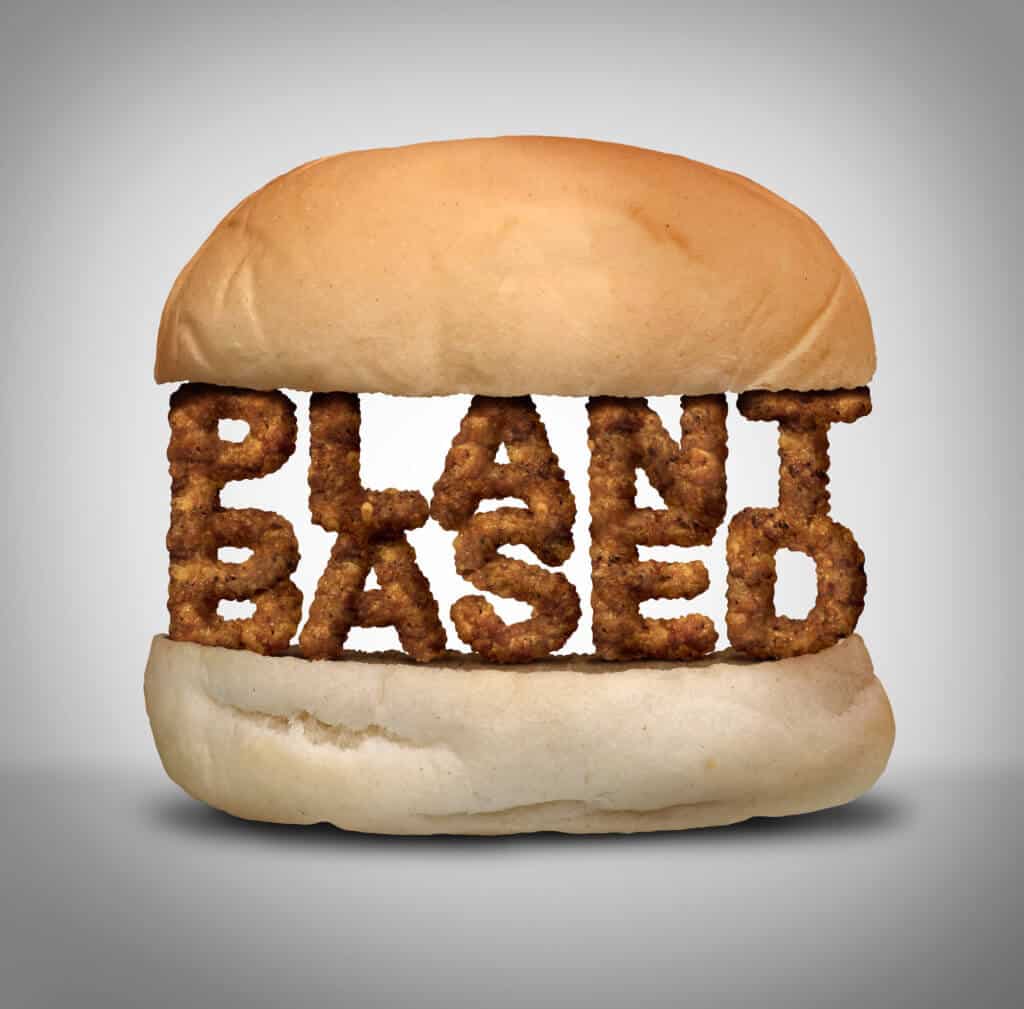Walter Robb, former Co-CEO of Whole Foods, discusses the state of today’s grocery stores in a potentially post-Covid world on the Plantbased Business Hour with Elysabeth Alfano. The two discuss if 1) DTC is here to stay, if 2) grocery stores will reallocate real estate to vegan brands and if 3) the consumer will ever be ready to accept cellular meat. Podcast here.
Below is a highlight clip (3:12) and their conversation on food 2.0 from Walter’s unique perspective. The long-form video interview is here.
Elysabeth: We have this term, plant-based, which originally started as a friend to the word vegan. It was really meant to be no animal products. Now, plant-based, in some cases means just a lot of plants along with your meat in a hybrid product from Tyson. So, I wonder if you have any comments having lived through decades of communication gone well and gone poorly, about how this word “plant-based” is going to develop in the minds of consumers?

Walter Robb: Well, if we know anything, we know it won’t be a straight line. It will be an evolution, maybe a circle. Two steps back and one step forward, and so forth. There will have to be a couple of leaders out there like Whole Foods who are willing to step out there and put a stake in the ground. But I think that having these larger companies get involved in some of these things is not necessarily a bad thing in terms of bringing resource dollars and scale and visibility to some of these ideas.
However, I do think that- call it 2.0 if you will, food 2.0 is going to evolve into some basic things.
One is transparency, and we’re going to define what that means in terms of exactly how something’s produced and there’s going to be some specifics around that. I think customers are going to ask for that, expect that, and I think leading companies will produce that and show that versus 1.0 where that wasn’t so visible, that transparency will be a characteristic of a brand and a product.
I’ve been watching this site called Hivebrands.com. They’ve actually made it possible for the customers to buy their carbon footprint so that when you check out you get your carbon footprint based on your choices. So, this linkage between your choices and your impact is really there.
The second thing is going to be accountability and responsibility. Broadly speaking in 1.0, there was sort of a duck your head, pretend it doesn’t exist, or deny, and I think in this generation we’re going to lean into our responsibility to participate in creating a more sustainable world and more sustainable health. Companies that do that will be rewarded with customers’ support. It will be hard for [others] to grow a share because we’re seeing the new generation of customers expect that from the people they do business with.
Third is this thing you mentioned about education. I think there will be new platforms and the ability for this new information to get to customers in a more rapid way. You won’t have to go sit in a room and wait for a class. This information’s going to be available on demand accompanying the product perhaps or accompanying the retail experience and the digital aspect of the app or something. So, the responsibility and the opportunity to bring information along with the product as part of what you’re offering, I think will set apart this next generation of companies who will be successful in creating 2.0.
Now you can be a part of the conversation. The Plantbased Business Hour airs LIVE on LinkedIn every Tuesday and Thursday at 1p PT on Elysabeth Alfano’s LinkedIn Page: here. Tune in to ask the most influential leaders in the plant-based business arena your questions. To make sure you never miss an episode, vegconomist will be also be featuring The Plantbased Business Hour interviews every Wednesday. Stay tuned right here for more. To learn more about The Plantbased Business Hour, click here. Follow Elysabeth on LinkedIn here and PBH here.
For inquiries regarding sponsorship of The Plantbased Business Hour, contact Emma Clarkson at [email protected]





